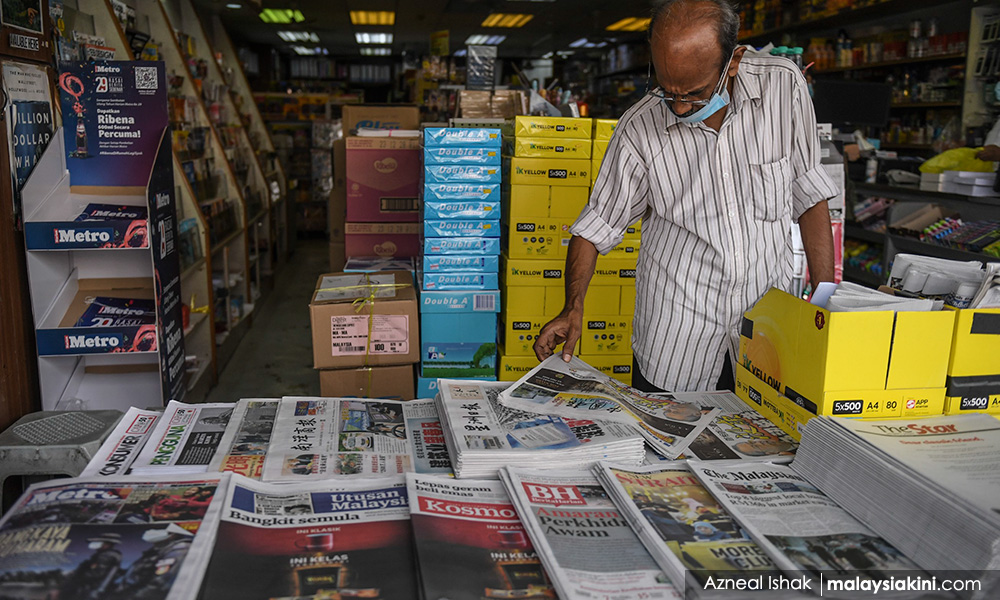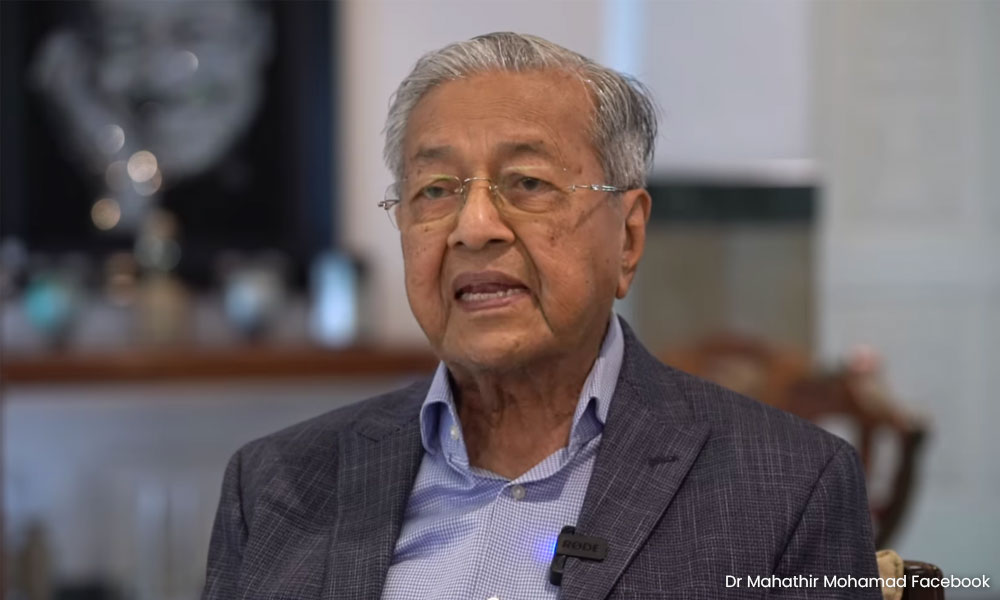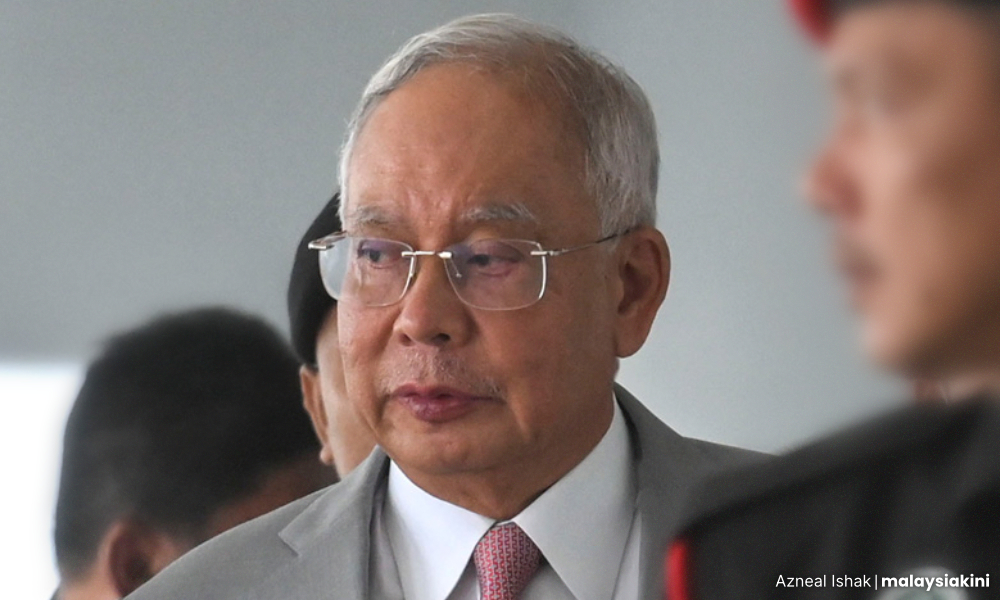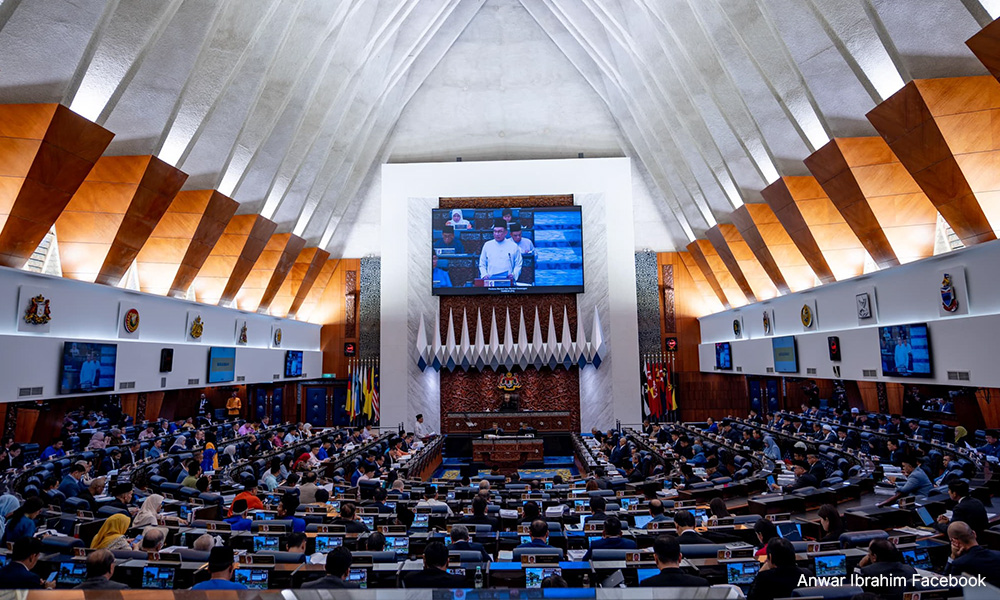COMMENT | Let’s return to 1998, when the then deputy prime minister cum finance minister Anwar Ibrahim was dismissed from office, expelled from Umno, and charged with corruption and sodomy.
The coverage of this intense political conflict by traditional media was nearly homogeneous, in that it followed the official tone set by then prime minister Dr Mahathir Mohamad and the Umno-led government.
Apart from photographs and news clips showing the mattress used as evidence being moved in and out of the courtroom, the media focused on terms like “sodomy”, “anal sex”, “mob”, “street violence”, and “mob rule”, doing everything to vilify Anwar.
Thanks to the emerging internet services, emails, and foreign-based free website platforms, messages about reformasi that went against the government narrative, including information on demonstrations, political talks, and evidence of corruption within Mahathir’s government spread like wildfire, with calls for reformasi resonating across the country and giving rise to a powerful political movement.
The traditional media’s blackout of information beneficial to Anwar and reformasi was the result of the BN government’s decades-long use of legal and ownership control to stifle media independence and press freedom.
A weapon against media
As far as newspapers were concerned, the Printing Presses and Publications Act 1984 (PPPA) was (and still is) hanging over them like a Sword of Damocles.
This included provisions such as the discretionary power of the home minister to revoke publication permits at any time, which made newspaper companies tremble with fear.
Although the PPPA 1984 was a legacy of British colonial rule, it was amended increasingly harshly after the Alliance/BN took power. Particularly under Mahathir, who became prime minister in 1981, and under whom the law was revised twice in 1984 and 1987.

The 1987 amendments had far-reaching impacts on the press, including:
Granting the home minister absolute discretion to refuse an application for a licence or permit, as well as to revoke or suspend these licences/permits at any time;
Requiring the re-application for licences/permits upon expiry in 12 months;
Any decision of the minister to refuse to grant or to revoke or to suspend a licence or permit shall be final and shall not be called into question by any court on any ground whatsoever;
No person shall be given an opportunity to be heard with regard to their application for a licence or permit or relating to the revocation or suspension of the licence or permit granted to them under this act;
Introducing a provision for “undesirable publications”;
Introducing a provision on “false news.”
It is worth noting that these amendments occurred when Mahathir was facing political crises and financial scandals.

After the amendments came into force, the PPPA became a powerful instrument to control the print media and suppress dissent.
It is worth remembering that DAP leader Lim Guan Eng, who would later become finance minister under the Pakatan Harapan government in 2018, was convicted and imprisoned for 18 months in 1998 for “falsely and maliciously” publishing pamphlets that criticised the then Malacca chief minister for allegedly sexually assaulting a 15-year-old girl.
The pamphlets used the phrase “Criminal Free, Victim Imprisoned,” while the girl had in fact not been “imprisoned” but merely “detained”. This mistake became the reason for the pamphlet to be held as “false and malicious”.
On Sept 16, 2011, then prime minister Najib Abdul Razak, in his Malaysia Day speech, announced that the PPPA would be amended.

On April 19, 2012, proposed amendments were tabled, which removed the annual renewal requirement, the term “absolute discretion”, and that decisions made by the home minister under the act were no longer immune to judicial review.
Although this had not much helped advance press freedom as the minister still retained the power to revoke licences/permits, at least the right of licence/permit holders to apply for a judicial review and the power of the courts to hear it have been restored.
When heroes turn into villains
Now, the main coalition parties of the federal coalition government - PKR and DAP - who once criticised the BN government for using draconian laws to control the media and public opinion, are themselves moving towards stricter media regulations.
As I pointed out in an article criticising the government’s moves to tighten control over social media, published on Oct 23, 2024, in Malaysiakini, once in power, the opposition often becomes the government it once chastised, intent on controlling the political instruments and platforms that the opposition might use to compete with them.
The PKR-led government is not only focused on drafting new regulations or amending existing regulations to control social media that had previously fought alongside them in their political struggles but has even proposed to revise the PPPA by reversing the 2012 amendments, thereby worsening the situation.

The reportedly proposed amendments include:
Reinstating the requirement for licence/permit renewals (every three years);
Expanding the definition of publications to include digital and electronic content, potentially also including content on apps;
Expanding “undesirable publications” to include matters relating to the 3R (race, religion, and royalty);
Expanding criminal penalties;
Expanding powers of search and seizure.
Mahathir, in the latter years of his first term as prime minister and after stepping down, repeatedly advocated for the regulation of the internet. During Najib’s tenure, the Sedition Act was amended in 2015 to extend its reach to the internet.
Now, with over 20 years of calls for reformasi, Anwar, having ascended to the position of prime minister, is bent on tightening his government’s control over both traditional and online media, thereby becoming the very target of criticism he once levelled against others.
There is nothing more abominable than this. It’s hence no surprise to see one reader of my article mentioned above, remark that “Anwar and reformasi were the biggest scam the nation fell for”.
CHANG TECK PENG is an associate professor at the Faculty of Communication and Creative Industries, TARUMT.
The views expressed here are those of the author/contributor and do not necessarily represent the views of Malaysiakini.

